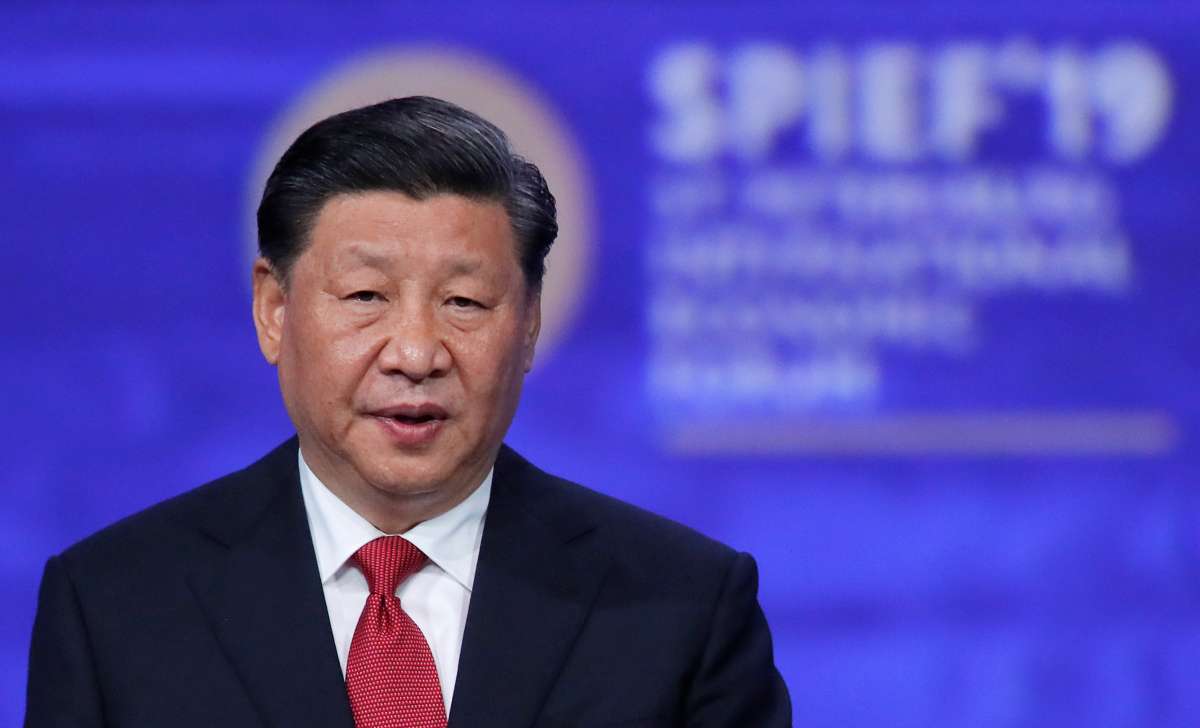With China at the centre of the African puzzle, questions arise over reasons behind Beijing’s move, Kaiph Anaz explains the motives..reports Asian Lite News
Way back in 2017, a Nigerian delegate attending a UN Economic and Social Council (ECOSOC) conference on Africa had said, “Africa is bleeding” and warned that his continent’s system has been rigged against Africans and exploited by multinationals. The situation after the lapse of six years is no different.
Irene Ovonji-Odida, Chairperson of the International Board of Action Aid International had asked the question at the same conference as to why Africa remained at the bottom of economic heap despite the abundance of minerals, natural resources, land and water. This question is still reverberating as goals of growth, industrialization and eradication of poverty remain elusive in the continent even today as much as they were in the past.
The question of Africa’s backwardness amid an abundance of natural resources has been visited and revisited several times. In the same vein, a recent study by Dr. Marvellous Ngundu on China-Africa Economic Integration has pointed out that Africa’s economic integration with China is heavily reliant on Chinese demand for natural resources to supply their manufacturing industry. The study under consideration once again confirms the fact that Africa has not benefitted as much as the countries and companies which have exploited its resources.
But as the references quoted in the study noted that China has shown a growing interest in trading with Africa since the 1990s and in the past two decades, it has become increasingly involved in financing Africa through loans and Foreign Direct Investments (FDIs).
Now China has come to the centre of the African puzzle. It is pertinent to enquire why China has come to the centre of discussion on the African development puzzle, i.e., rich in resources, and poor in the standard of living and development. The reason is not far to seek. According to Economic Intelligence Unit (EIU), China is so far the largest single buyer of African mining output; in 2020 China bought USD 8.7 billion or 43% of Sub-Sahara Africa’s minerals exports and USD 16.6 billion or 32% of the regions ores and metals exports. Chinese traders, investors and mining companies have been particularly interested in Africa’s base metals and bulk ores – including copper, cobalt, bauxite, chromate, iron ore, manganese and zinc as well as uranium and gold. China’s interest, according to the EIU, has been driven largely by demand for these metals and minerals in China’s fast-growing economy and has promoted Chinese entities to invest in mining sites across the continent.
In the past several years, various bilateral economic pacts were signed to strengthen economic integration between China and African economies, mainly the Forum on China-Africa Cooperation (FOCAC) of 2000 and the Belt and Road Initiative (BRI) of 2014. FOCAC was established to facilitate multilateral consultations and collective engagement between China and African countries.
The study of various analysts quoted by the study points out that although BRI was launched to develop Africa’s hard infrastructure to facilitate South-South and North-South trade, BRI is viewed as an exploitative tool aimed at easing China’s exploitation of Africa’s natural resources and this increase appears to favour China’s Global South, with more Chinese exports to Africa than Africa’s exports to China. Similarly, the financing consists more of loans than investments (FDI). This is a cause for concern because it reflects financial outflow from Africa. Africa has become a home for low-quality Chinese products, while Chinese FDI is earmarked to exploit natural resources in Africa.
The study has predicted that Africa’s exports to China are expected to decline from USD 119.20 billion in 2022 to USD 13.68 billion in 2026 based on a 5-year alternate episodes/seasonality of an upswing and a downswing in bilateral trade seen in the past. The projected decrease in African exports to China is due to a “shift away from infrastructures” as demonstrated at the 8th FOCAC 2021 ministerial meet. China’s debt financing for infrastructure development has been one of the primary strategies used by the Chinese to siphon Africa’s natural resources and a decline in Africa’s exports.
The study has taken Africa’s exports to China as a close proxy for Africa’s wealth transferred to/exploited by China and intends to inform African policymakers to develop counter-policies. The study has cited references which indicate that China’s exports to Africa are predominantly low-quality finished products rather than intermediary products which not only displace domestic products but also kill domestic manufacturing.
The study has also noted that China’s investment is concentrated in a few resource-rich countries whereas Chinese exports are fairly widely spread over the continent. According to the study’s findings during the 1992-2019 period, 84% of Africa’s exports to China were sourced from 10 resource-rich countries and Africa’s exports to China are mainly sourced from resource-seeking Chinese investments in Africa. It asserts that China is increasingly engaging African countries with market-seeking and resource-exploitation motives taking advantage of the continent’s weak institutional framework.
Another problem is that the majority of China-funded infrastructure projects are executed by Chinese contractors with little participation from domestic firms and labour. This explains why the industrialization of Africa is on hold and growth has not translated into the removal of poverty. In the case of the African countries which have failed to repay Chinese loans, the Chinese have captured state assets in exchange for the defaulted loans.

